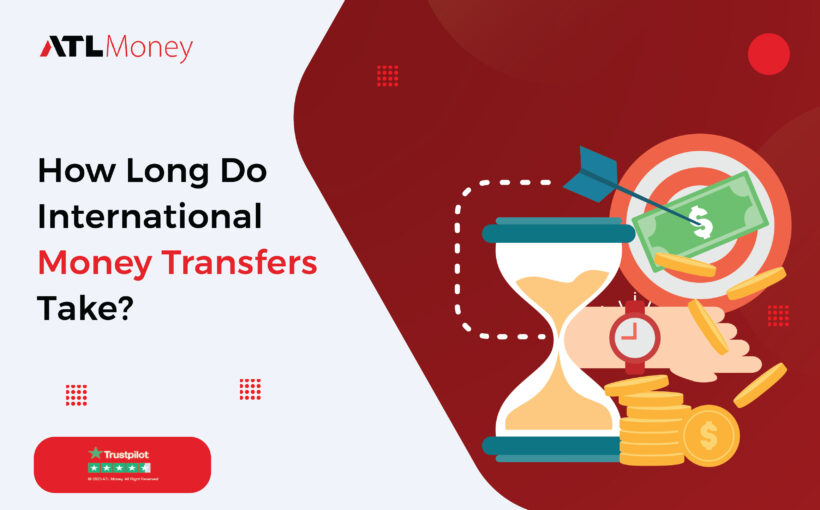You’re sitting at your kitchen table, browsing through options to send money internationally. Perhaps you need to support your loved ones abroad, pay for a foreign service, or make an overseas investment. As you navigate the world of international money transfers, one question looms overhead: How long will it take for the funds to reach the intended recipient?
A money transfer requires careful planning, and one factor to consider is the time it takes for the funds to arrive at their destination.
In this blog post, we’ll unravel the enigma surrounding the duration of international money transfers, shedding light on the process and sharing insights that can help you manage your expectations. By understanding the factors that influence transfer timeframes, you’ll be better equipped to navigate the world of international finance with confidence and convenience.
Factors Affecting the Duration of International Money Transfers
Several factors contribute to the time it takes for international money transfers to reach their destination. While each transfer is unique, here are some key factors that influence the overall duration:
1. Banking Institutions Involved: The choice of banks participating in the transfer plays a significant role. If both the sender’s and recipient’s banks have a direct relationship, the transfer process typically proceeds faster. However, if an intermediary bank is involved, it may introduce additional processing time.
2. Currency Conversion: If the sender and recipient use different currencies, the transfer may require currency conversion. The time required for conversion depends on various factors, such as the efficiency of the banking systems involved and the availability of the required currencies.
3. Verification and Compliance: To combat fraud and adhere to regulatory requirements, banks may conduct verification and compliance checks. These checks ensure the legitimacy of the transaction and may introduce additional processing time.
4. Destination Country and Correspondent Banking: The recipient’s country and the presence of correspondent banks can impact transfer duration. Some countries may have specific regulations or procedures that result in longer transfer times. Additionally, if the sender’s bank doesn’t have a direct relationship with the recipient’s bank, the transfer may pass through intermediate correspondent banks, potentially increasing the overall time required.
5. Weekends and Public Holidays: Banking operations and clearing systems may be affected by weekends and public holidays, potentially delaying the processing of international transfers.
6. Payment Method: The method of payment chosen can also affect transfer duration. Transfers initiated through electronic platforms like ATLMoney are often faster compared to traditional methods involving physical cheques or drafts.
Reducing Transfer Time with ATLMoney
ATLMoney understands the importance of timeliness when it comes to international money transfers. By leveraging their efficient system and network, ATLMoney strives to expedite your transfers.
ATLMoney is committed to making international money transfers faster and more convenient. They process transfers promptly, maintain direct relationships with banks worldwide, offer real-time tracking of transfers, and provide dedicated customer support. With ATLMoney, you can send money quickly and securely, knowing that your transfer will be handled efficiently
The duration of international money transfers varies based on several factors, including the participating banks, currency conversion requirements, compliance checks, destination country, and payment method. While transfer times may be influenced by these variables, ATLMoney streamlines the process and prioritizes efficiency, ensuring that your transfers are processed as quickly as possible.
Experience the promptness and reliability of international money transfers with ATLMoney as your trusted partner.
Use ATLMoney as an international money transfer platform.
